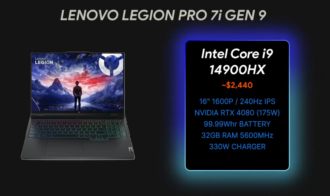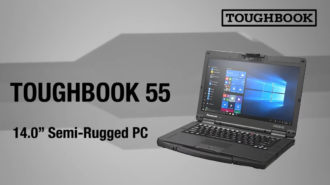Razer Blade 15 Advanced Model Review
The Razer Blade 15 is Razer’s premier gaming laptop and a perennial favourite on our test beds. The 2022 Blade 15 Advanced Model maintains the same premium price point as its forerunners (the base model retails for $2,499.99, while our review unit goes for $2,999.99). Still, it has been updated to take advantage of the most recent offerings from Intel (12th Generation “Alder Lake”) and Nvidia (newest GeForce RTX 30 Ti GPUs).
Our Core i7 with RTX 3070 Ti setup easily breaks 60 frames per second in recent games at full HD and its native QHD resolution while keeping its luxury, portable aluminium chassis. The Blade 15 is ideal if you have a large budget, prioritize portability, and need top-tier power. Although the Asus ROG Zephyrus G14 is the most portable laptop in this category, the Lenovo Legion 7 offers superior raw performance.
Razer Blade 15 Advanced Model Specs
| Laptop Class | Gaming |
| Processor | Intel Core i7-12800H |
| Processor Speed | 2.4 GHz |
| RAM | 16 GB |
| Screen Size | 15.6 inches |
| Graphics | Nvidia GeForce RTX 3070 Ti Laptop GPU |
| Wireless Networking | Wi-Fi 6E, Bluetooth |
| Dimensions | 0.67 by 13.98 by 9.25 inches |
| OS | Windows 11 |
| Weight | 4.4 lbs |
Pros
- Excellent build quality
- Lots of config/screen options
- Strong performance
- New 1080p webcam
- Great port selection
Cons
- Pricey
- Just OK battery life
- Proprietary power plug
Price
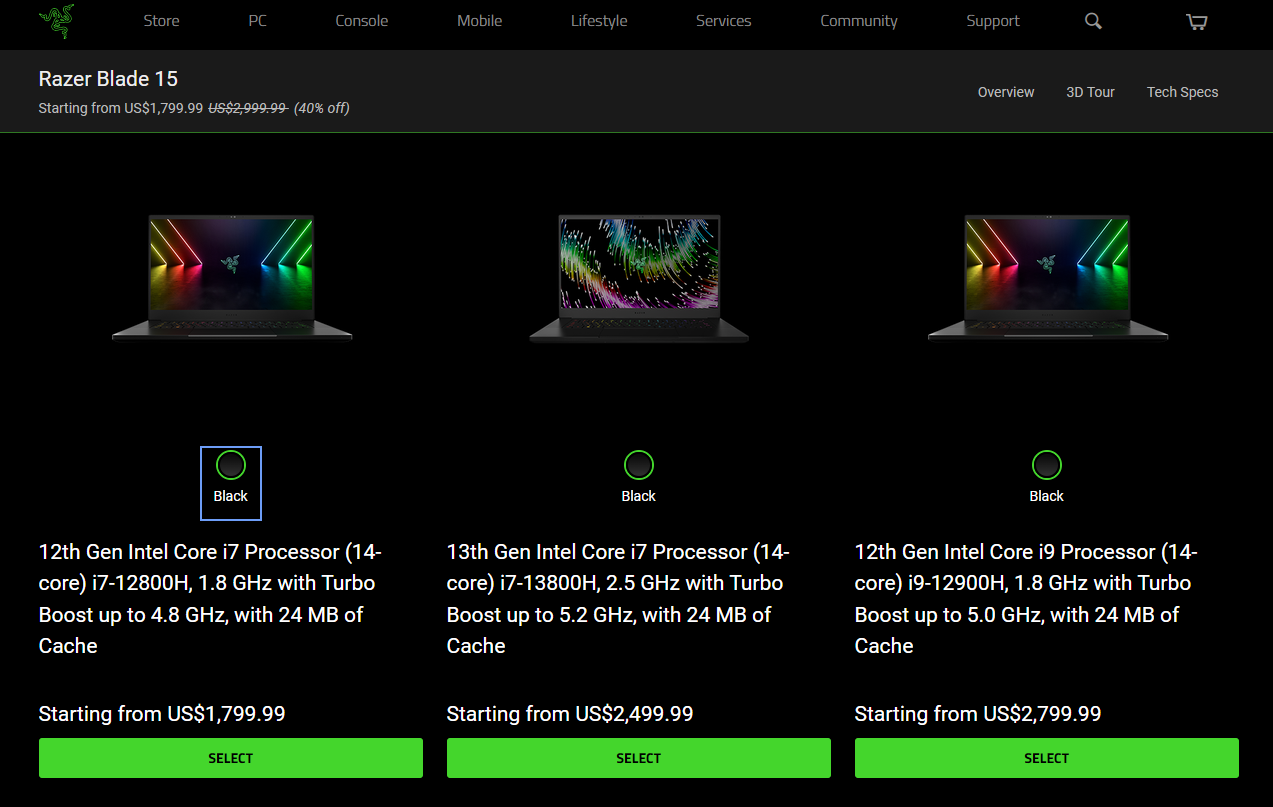
The Razer Blade 15 (2022) is now on sale in many countries worldwide, including the United States, the United Kingdom, and Australia. The base model has a 240Hz-refresh QHD (1440p) display, 16GB of DDR5-4800 RAM, a 1TB solid-state drive (SSD), and an Intel Core i7-12800H processor. The cost is $2,499 (or £1,599, or AU$ 4,549). TechRadar’s recommended setup (on the right) costs $2,999 (or £3,299 or AU$ 5,799).
The top-tier model costs $3,999 (£4,199; AU$7,199), and it comes with a Core i9-12900H processor, an Nvidia RTX 3080 Ti graphics card, a 4K display running at 144 frames per second, 32GB of DDR5-4800 RAM and a 1TB solid-state drive. Whatever configuration you choose, this is an expensive laptop, and it’s hard to justify the lower prices for the more basic options. You have to truly want a Razer Blade 15 to shell out $2,500 for a laptop whose specs are about equivalent to those of midrange models. There is more hardware justification in the higher-end setups, such as the RTX 3080 Ti and UHD 144Hz display, but know that you’re paying a premium for the Razer name regardless of which you choose.
official site to buy – razer.com
Design
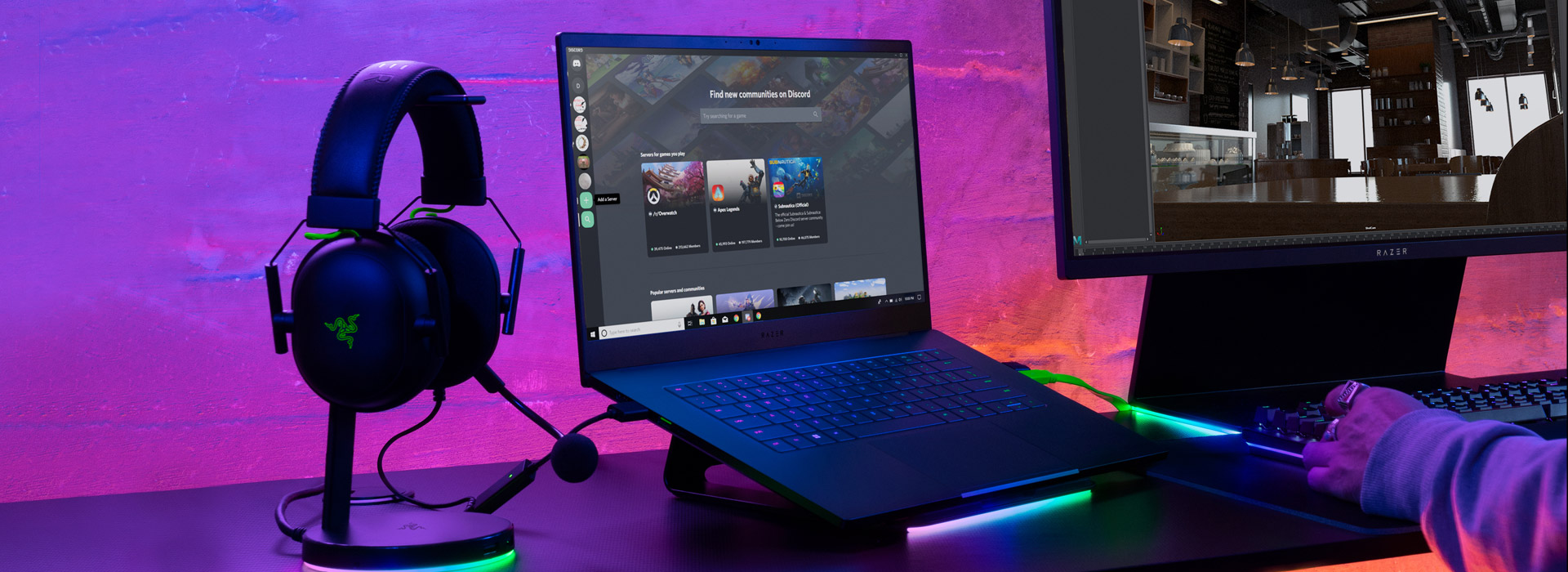
Some may feel the 2022 Blade 15 needs a redesign because it resembles the current generation. The Blade 15’s sleek design and durable aluminium chassis have stood the test of time for me. However, I hope Razer will implement complete RGB support for the lid’s lighted logo shortly. I get that neon green is Razer’s thing, but it still seems strange that you can’t change the colour on a high-end laptop like this.
Gaming Experience
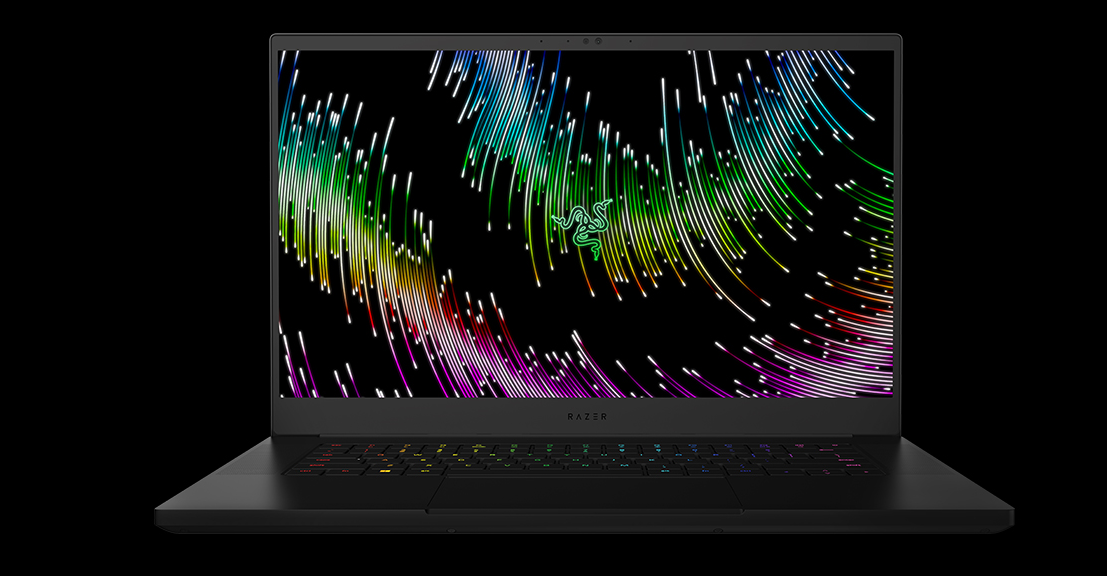
Regarding processing power, Razer provides the newest Intel H-series processors and Nvidia RTX 30-series graphics processing units. The 2022 Blade 15 starts at $2,500 for an i7-12800H, 16GB of RAM, and graphics RTX 3060 Ti, with the top-end variant including an i9 CPU, 32GB of RAM, and an RTX 3080 Ti costing a whopping $4,000. 1TB of storage space is the maximum that can be ordered.
The Blade 15 has only one M.2 slot pre-populated, but it has two for those who need even more space. Therefore, installing a new drive should be simple if you are ready to take apart the laptop and remove the SSD cover. Single-sided modules are required due to incompatibility with double-sided M.2 sticks.
Battery And Ports
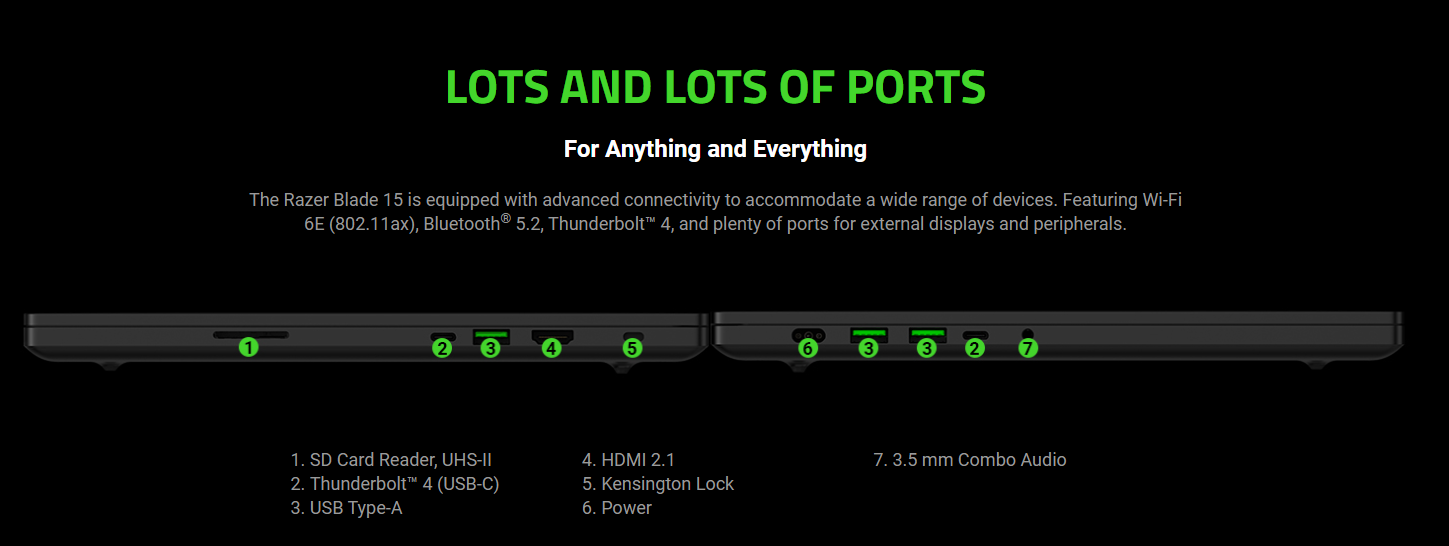
Besides its price, the Blade 15’s battery life is its main drawback. It finished on our local video rundown test in 5 hours and 42 minutes. That’s on par with the results we saw with the PC gaming tablet Asus Flow Z13 (5:38). However, the Blade 15’s battery life was more than three hours shorter than that of the Alienware x14 (7:57) and more than four hours shorter than that of the Asus Zephyrus G14 (9:45). And things aren’t any better out there in the real world.
The Blade 15 had trouble lasting through an hour and a half of moderate gaming, consisting of two back-to-back games of Teamfight Tactics. I should also mention that the Blade’s performance suffers when using the battery, with framerates in Shadow of the Tomb Raider falling to approximately 45 fps.



